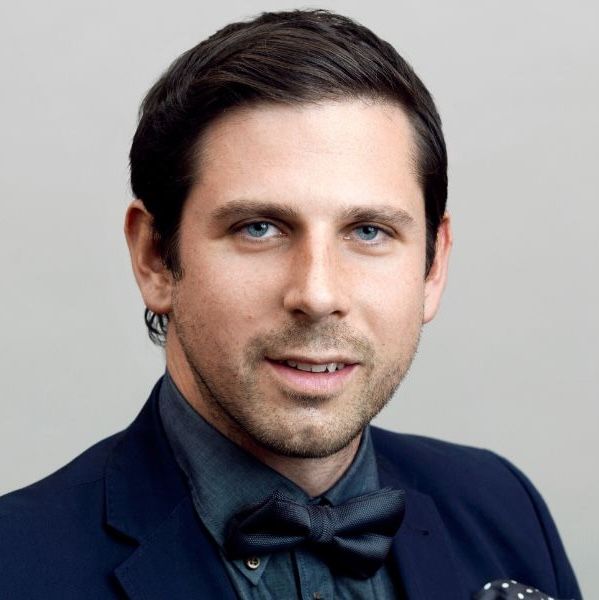Article
NIAID Assures Standards Maintained in Rush to Develop Ebola Vaccine
Author(s):
A newly published phase 2 trial described a unique collaborative effort to test 2 candidate vaccines in Liberia against the 2013 Ebola outbreak.
Dr H Clifford Lane

ReaRelaH. Clifford Lane, MD
A newly published phase 2 trial of 2 vaccines developed to counter the Ebola virus epidemic that broke out December 2013 in Liberia was conducted through a unique collaboration of 2 pharmaceutical manufacturers, public health officials in Liberia and the United States, and the National Institutes of Allergy and Infectious Diseases (NIAID).
The drug development trial was expedited to save lives, while designed to the scientific standards that would provide a valid assessment of safety and effectiveness. The investigators wrote, "at the time that this trial was designed and implemented, there were no completed and published phase 1 studies. Thus, it was critical that this trial be able to assess safety objectively. Whether studies are conducted in the context of an outbreak or otherwise does not change the principles of science and the potential biases in studies that lack adequate controls."
"The PREVAIL1 Ebola vaccine trial in Liberia demonstrated that rigorous clinical trials upholding core scientific and ethical principles can be conducted during an outbreak setting,” H. Clifford Lane, MD, the clinical director at NIAID, said, further describing their task to MD Magazine. “Key components of this success were the willingness of 2 drug companies to work together on this single study because of its public health importance, and the formation of local partnerships and capacity under the formal clinical research collaboration between the Liberian and US governments."
In August 2014, 6 months before the double-blind, placebo-controlled vaccine trial began, the question of whether "experimental" drugs should be used in the Ebola outbreak arose after 2 US health workers infected with Ebola received the investigational agent ZMapp (Mapp Biopharmaceuticals), and 2 Liberian physicians became the first, and last Africans to receive the drug, as the supply was then depleted.
An expert panel at the World Health Organization (WHO) responded to the question, issuing a statement that concluded, "it is ethical to offer unproven interventions with as yet unknown efficacy and adverse effects as potential treatment or prevention." The panel elaborated, "Ethical criteria must guide the provision of such interventions. These include transparency about all aspects of care, informed consent, freedom of choice, confidentiality, respects for the person, preservation of dignity and involvement of the community."
By February 2015, when the PREVAIL 1 vaccine trial commenced, the systems in place to contain the outbreak were also conducive to the measures suggested by the WHO panel, as well as to investigational protocols which could prove whether interventions were effective.
"Scientific experts from both countries created a sustainable research infrastructure during the outbreak to enable the conduct of well-designed trials during the outbreak as well as in the post-Ebola era," Lane said.
The 1-year trial followed 1,500 adults in Liberia who were randomized to receive an injection of either the chimpanzee adenovirus 3 vaccine (ChAd3-EBO-Z, GlaxoSmithKline), the recombinant vesicular stomatitis virus vaccine (rVSV∆G-ZEBOV-GP, Merck), or saline placebo. The simultaneous trial of both vaccines efficiently shared the placebo comparator. The design also embedded the phase 2 assessment of safety and immunogenicity into the anticipated phase 3 extension, that could then determine efficacy against contracting the illness or enhancing survival.
Both vaccines elicited an immune response, with antibodies to the Ebola surface glycoprotein at 1 month after the injection (in 70.8% of those receiving ChAd3-EBO-Z and 83.7% with rVSV∆G-ZEBOV-GP, compared to 2.8% of those receiving placebo). The response to both vaccines was maintained through the 12 months of follow-up. The investigators reported that no safety concerns were identified, and that side effects were generally not severe, were time-limited, and were similar to reports from the respective phase 1 studies which had used various doses of the 2 vaccines.
The phase 3 trial was not begun, however, as the public health measures had by then successfully reduced the number of new cases. The investigators explained:
"Even though the trial began in early February, once an infrastructure for the trial had been established and the vaccines became available, too much time had elapsed. This situation emphasizes the importance of completing phase 1 studies before outbreaks occur and of being prepared to initiate phase 2 and phase 3 trials as soon as such outbreaks occur."
The report of the phase 2 trials of 2 vaccines to prevent Ebola was published in The New England Journal of Medicine.





